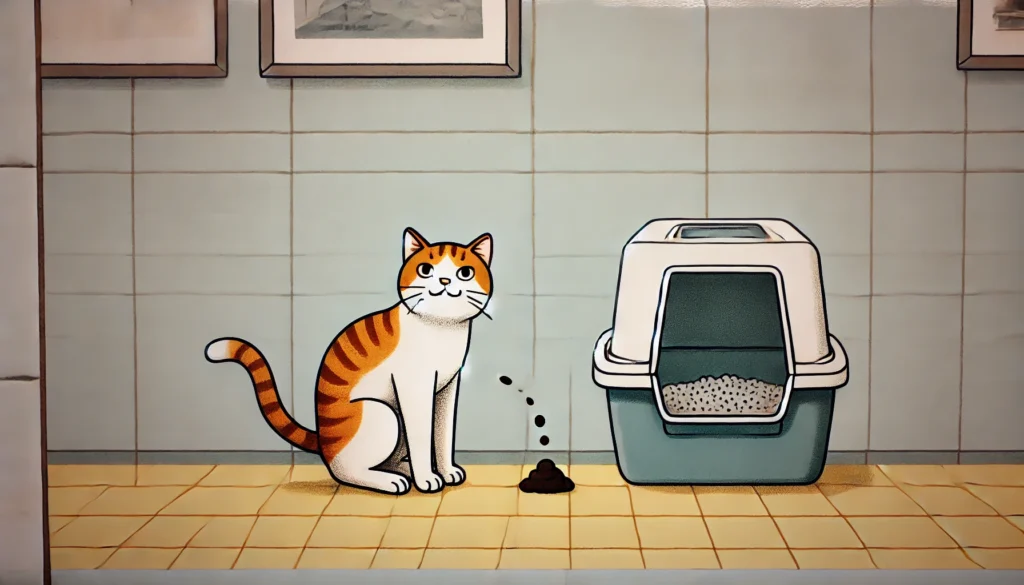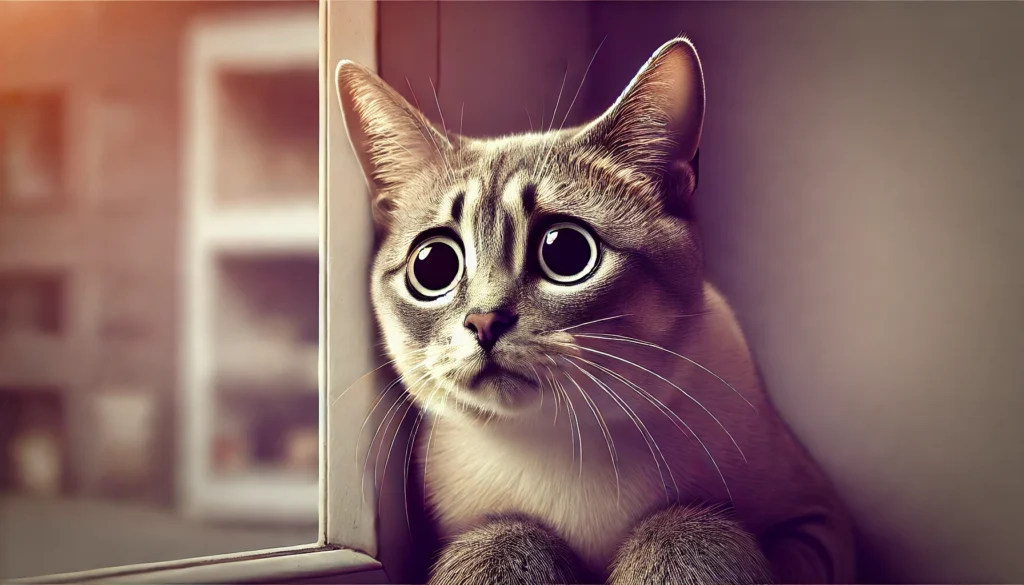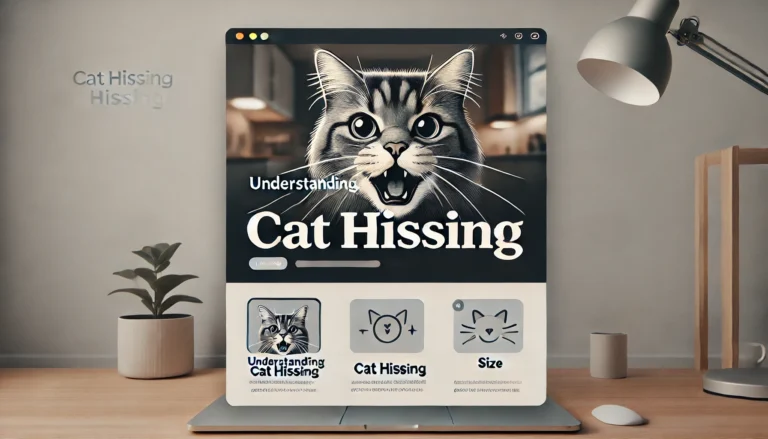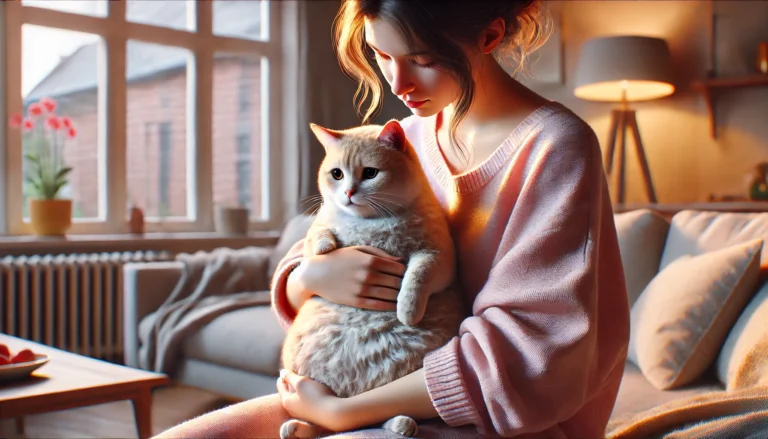Why is my cat pooping outside the litter box?

One of the most concerning question for the cat owners are, “why is my cat pooping outside litter box?”. Cats are known for their cleanliness, so when they start exhibiting behaviors like pooping outside the litter box, it can be both puzzling and concerning for pet owners. Let’s dive into the possible reasons behind this issue of why is my cat pooping outside litter box, covering each aspect comprehensively.

possible reasons : Why is my cat pooping outside litter box?
Some of the most viable reasons are as follows:
1. Health Issues
One of the primarily reason of why is my cat pooping outside litter box is health related. Cats may avoid the litter box due to underlying health problems:
| Health Issue | Description |
|---|---|
| Digestive Issues | Diarrhea or constipation can cause discomfort. |
| Urinary Tract Infections | Painful urination may lead to aversion to the litter box. |
| Arthritis/Mobility Issues | Older cats or those with joint pain may find it difficult to access the litter box. |
Do you know?
Constipation in cats is also a major problem primarily linked with health of your fluffy friend. It is a better idea to check out the possible reasons of constipation before proceeding to a vet.
2. Litter Box Problems
Issues related to the litter box itself or its environment can deter cats:
| Litter Box Problem | Description |
| Dirty Litter Box | Cats prefer a clean environment and may avoid a dirty box |
| Improper Litter Box Setup | Incorrect size, type of litter, or location can deter use |
| Litter Type Preference | Cats have preferences for litter texture and scent |
3. Stress or Anxiety
Cats are sensitive to environmental changes and stressors:
| Stress Factor | Description |
| New Pets or People | Introductions or visitors can stress out cats. |
| Changes in Routine | Disruptions like moving or schedule changes can upset them. |
| Negative Experiences | Previous frights near the litter box can create aversion. |

4. Behavioral Issues
Behavioral problems can manifest as litter box avoidance:
| Behavioral Issues | Description |
| Territorial Marking | Cats may poop outside the box to mark territory |
| Anxiety from Other Pets | Bullying or fear from other pets can deter litter box use |
| Negative Reinforcement | Punishments can associate the litter box with negativity |
Do you know?
When a cat is in its mating or reproduction phase, it encounters certain behavioral issues. A cat owner and lover should know different symptoms of cat when on heat.
5. Age-related Factors
As cats age, they may experience cognitive or physical changes:
| Age-related Factor | Description |
| Cognitive Decline | Similar to dementia, cats may forget litter box habits |
| Decreased Mobility | Arthritis or age-related issues can limit litter box access |
a brief overview of why is my cat pooping outside litter box

Solutions and Management for why is my Cat Pooping Outside Litter Box

Dealing with a cat that poops outside the litter box can be frustrating, but there are effective solutions and management strategies to help resolve this issue. Here’s a comprehensive guide to addressing and managing litter box problems with your cat:
1. Consult Your Veterinarian
Before implementing any changes, it’s crucial to rule out underlying medical issues that could be causing your cat to avoid the litter box:
- Health Check-up: Schedule a visit to the vet to rule out urinary tract infections, digestive problems, arthritis, or any other health issues that may affect your cat’s ability to use the litter box comfortably.
2. Evaluate the Litter Box Setup
Ensuring the litter box setup is optimal can significantly improve your cat’s litter box habits:
- Cleanliness: Keep the litter box clean by scooping it daily and changing the litter regularly. Cats prefer a clean environment and may avoid a dirty litter box.
- Type of Litter: Experiment with different litter types (clumping, non-clumping, scented, unscented) to find out what your cat prefers. Some cats are sensitive to scents or textures.
- Number of Litter Boxes: Provide multiple litter boxes, especially in multi-cat households. The general rule is one litter box per cat plus one extra.
3. Litter Box Placement
The location of the litter box can influence whether your cat uses it or chooses alternative spots:
- Privacy: Cats prefer privacy when using the litter box. Place it in a quiet, low-traffic area away from noisy appliances and high-activity areas of the home.
- Accessibility: Ensure the litter box is easily accessible, especially for older cats or kittens. Avoid high-sided litter boxes that may be difficult for some cats to enter.
4. Reduce Stress and Anxiety
Stress and anxiety can lead to litter box avoidance. Creating a calm and comfortable environment can help:
- Environmental Enrichment: Provide scratching posts, perches, toys, and hiding spots to enrich your cat’s environment and reduce stress.
- Routine: Maintain a consistent feeding and litter box cleaning schedule. Cats thrive on routine and may feel stressed with sudden changes.
5. Behavior Modification
Positive reinforcement techniques can encourage your cat to use the litter box appropriately:
- Reward Use: Praise and reward your cat with treats or affection immediately after they use the litter box.
- Avoid Punishment: Never punish your cat for accidents outside the litter box as this can create negative associations and worsen the problem.
- Clean Accidents Properly: Clean any areas where your cat has eliminated outside the litter box thoroughly with an enzymatic cleaner to remove odor and discourage repeat incidents.
6. Monitor and Track Progress
Monitoring your cat’s behavior and tracking changes can help you determine if your efforts are effective:
- Behavioral Log: Keep a record of your cat’s litter box use, accidents, and any changes in behavior. Note any triggers or patterns.
- Adjustments: Based on your observations, make adjustments to the litter box setup, location, or environmental factors as needed.
7. Consideration of Age-related Factors
For older cats or those with mobility issues, accommodations may be necessary:
- Accessibility Aids: Provide ramps or low-entry litter boxes for cats with arthritis or mobility challenges.
- Comfort: Ensure that older cats have easy access to food, water, and the litter box to minimize stress and accidents.
Conclusion
Understanding why is my cat pooping outside litter box involves considering various factors, from health issues to environmental stressors. By addressing these factors systematically and providing appropriate care and attention, you can help your cat regain proper litter box habits. Patience, consistency, and consulting with a veterinarian are crucial in resolving litter box issues and ensuring your cat’s overall well-being.
Why does my cat poop outside the litter box?
It could be due to stress, medical issues, dirty litter, or simply not liking the location or type of the box.
Why does my cat poop in the house?
Your cat may be marking territory, feeling anxious, or having a medical issue like constipation or diarrhea.
Why does my cat eat outside the litter box?
Cats prefer eating away from their litter area since it feels cleaner and safer.
Why do cats hate litter boxes?
A dirty box, wrong litter type, bad location, or traumatic experiences could make them avoid it.
How do I stop my cat from pooping outside the litter box?
Keep the box clean, try a new type of litter, place it in a quiet spot, and rule out health problems with the vet.
Why does my cat need a litter box?
It mimics their natural instinct to dig and bury waste, helping keep your home clean and odor-free.






